
Meet the Speakers!
We’re thrilled to present our distinguished speakers, each an expert in their field, poised to share their cutting-edge research and insights.

Center for Mind/Brain Sciences (CIMeC), University of Trento, Italy
Manuela Piazza
Manuela Piazza is a full professor at the Center for Mind/Brain Sciences (CIMeC), Department of Psychology and Cognitive Science. She is a member of several relevant scientific societies and committees: Since 2023, she is member of the Scientific Advisory Board for the “Fondation Fyssen” (Paris, FR), the Scientific Council for the “Paris Institut du Cerveau de l’Enfant” (Paris, FR), and the Social & Behavioural Sciences selection panel for the ICREA Academia call 2023 (Barcelona, ES).
Institute of Human Biology, Basel, Switzerland
Gray Camp
Dr. Grayson Camp is the research group leader at the Roche Institute for Translational Bioengineering (ITB) in Basel. Gray is a molecular biologist and genomicist interested in human organ development. He previously studied human developmental and evolutionary genomics at Stanford University and performed his doctoral research on gene regulation at the University of North Carolina at Chapel Hill.

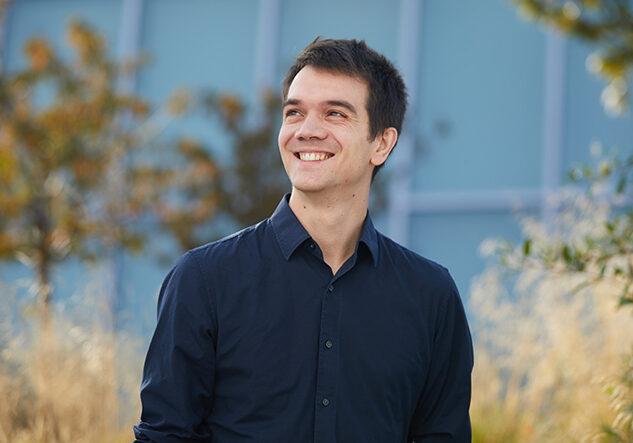
École Normale Supérieure, Paris | Meta
Jean-Rémi King
Jean-Rémi King, is a CNRS researcher at École Normale Supérieure in Paris, France, and is currently detached to Meta AI, where he leads the Brain & AI team. This team aims to identify the brain and computational bases of human intelligence, with a focus on language. For this, they develop deep learning algorithms to decode and model brain activity recorded with MEG, EEG, electrophysiology, fUS and fMRI.
Instituto Italiano di Tecnologia, Italy
Alessandro Gozzi
Alessandro Gozzi is a senior scientist and director of the functional neuroimaging laboratory at the Italian Institute of Technology in Rovereto, Italy. The Gozzi lab focuses on the study of the functional organization of the mammalian brain at the macroscale. A major goal of Gozzi’s research is to unravel the neural basis and dynamic organization of large-scale functional connectivity and the underpinnings of its disruption in developmental conditions like autism.
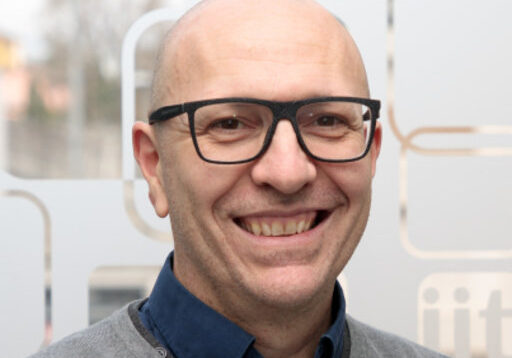
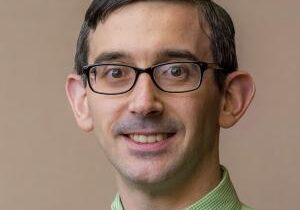
Braingate
Daniel B. Rubin
Dr. Rubin is a critical care neurologist at Massachusetts General Hospital and Instructor of Neurology at Harvard Medical School. Dr. Rubin cares for patients admitted to the MGH Neurosciences ICU as well as after their ICU admission in the MGH Neurorecovery clinic. He also cares for patients through the MGH Acute Stoke and Telestroke Services.
Max Planck Institute for Psycholinguistics
Andrea Ravignani
Andrea has a BSc in Mathematics from La Sapienza University of Rome (2007) and master degrees in Mathematics / Economics / Statistics from Université Paris 1, Panthéon-Sorbonne, Ca’ Foscari University of Venice, and Universitat Autònoma de Barcelona (2010). He completed his PhD in Biology (2014) at the Dept. of Cognitive Biology, University of Vienna, Austria, supervised by Prof. W. Tecumseh Fitch and Prof. Simon Kirby (Centre for Language Evolution, University of Edinburgh).
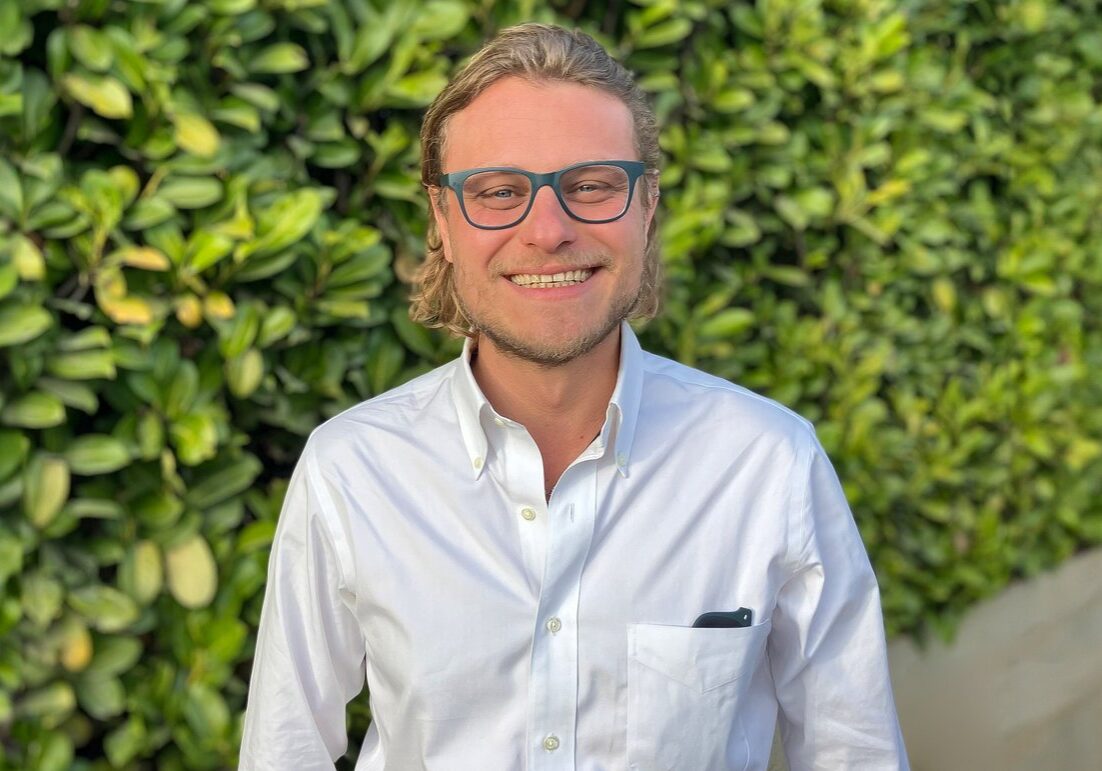
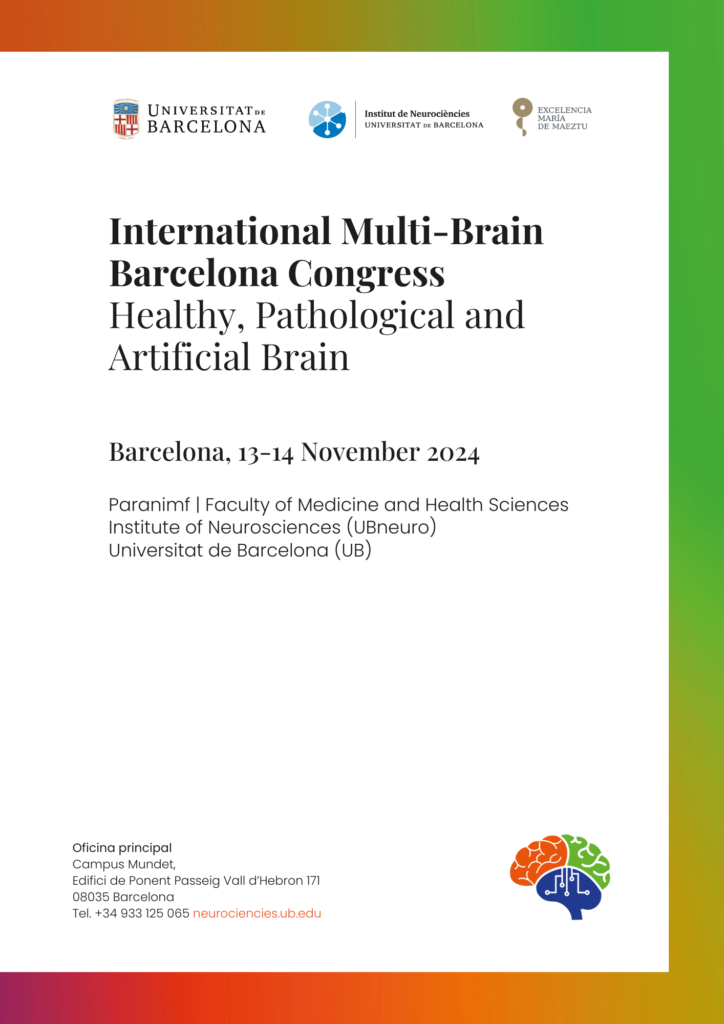
Check out the scientific program
Take a peek at the congress for a comprehensive overview of activities and speakers. Navigate through our comprehensive agenda to discover thought-provoking panel discussions, immersive workshops, and insightful talks by leading experts in their fields.

